Learning by Watching: Social Cognitive Theory and Vicarious Learning
Origin Learning
JANUARY 7, 2015
Rather, we have stated this example to prove a point: that observation is an intrinsic human technique to learn unfamiliar tasks or behaviors – something that has been theorized by the psychologist Albert Bandura as what he called the ‘Social Cognitive Theory’. What is Social Cognitive Theory? Image Credit – [link].















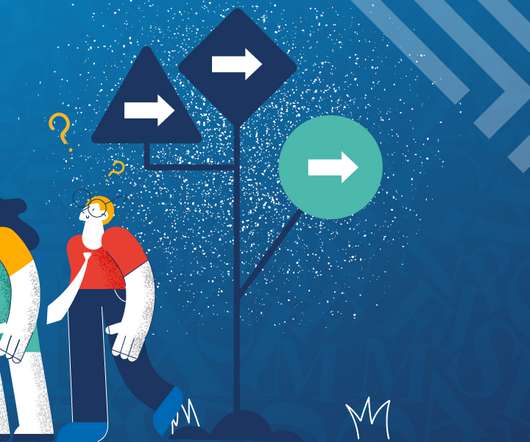

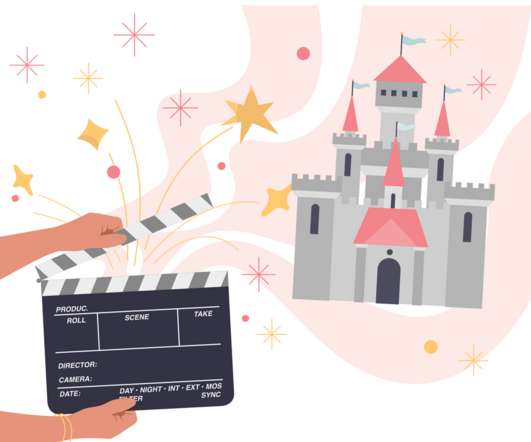



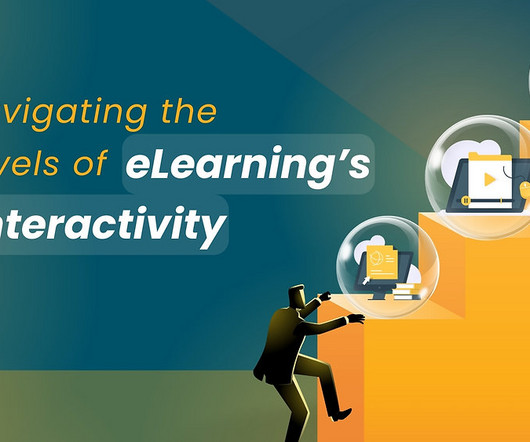


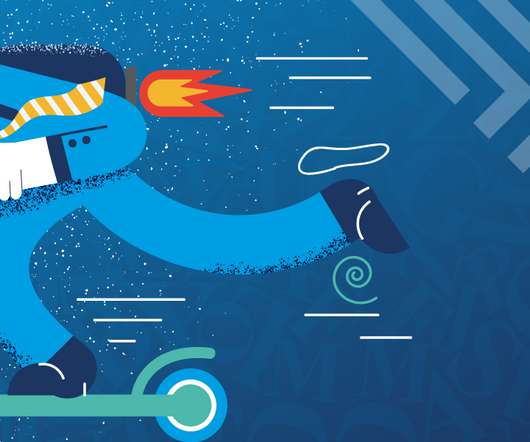



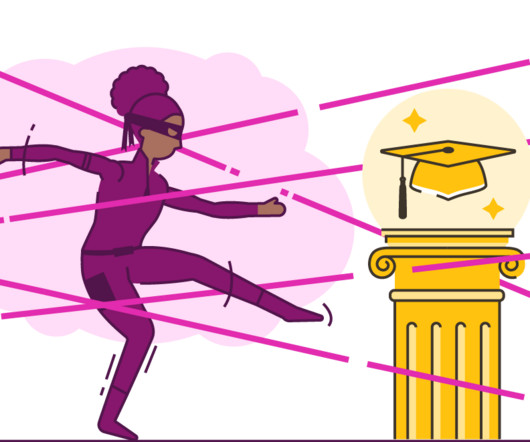






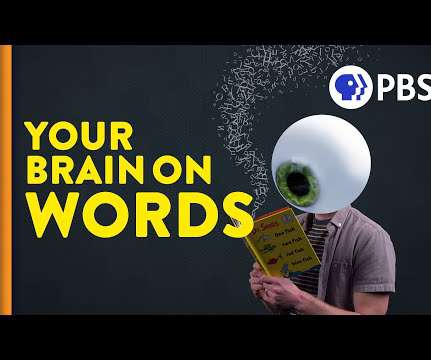













Let's personalize your content